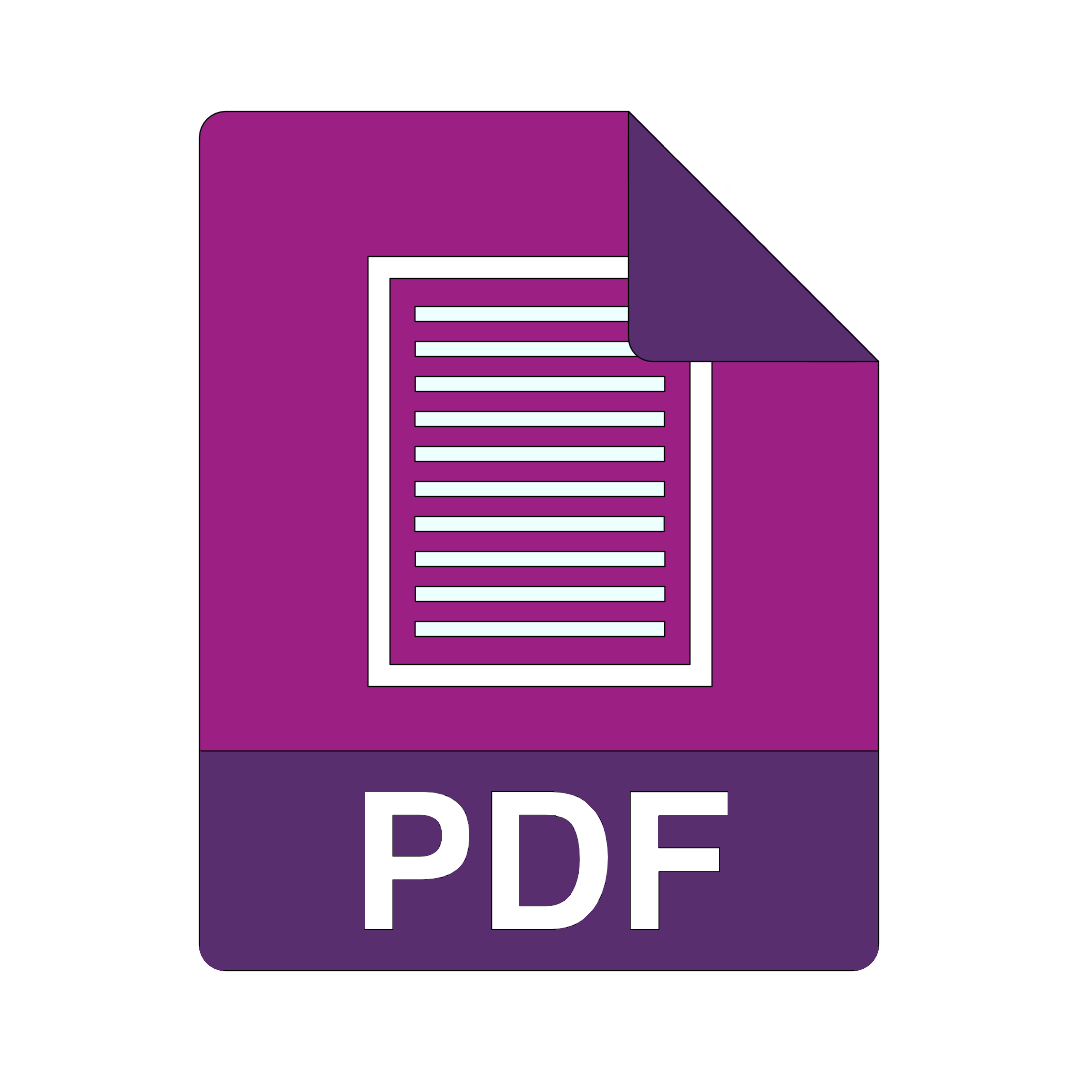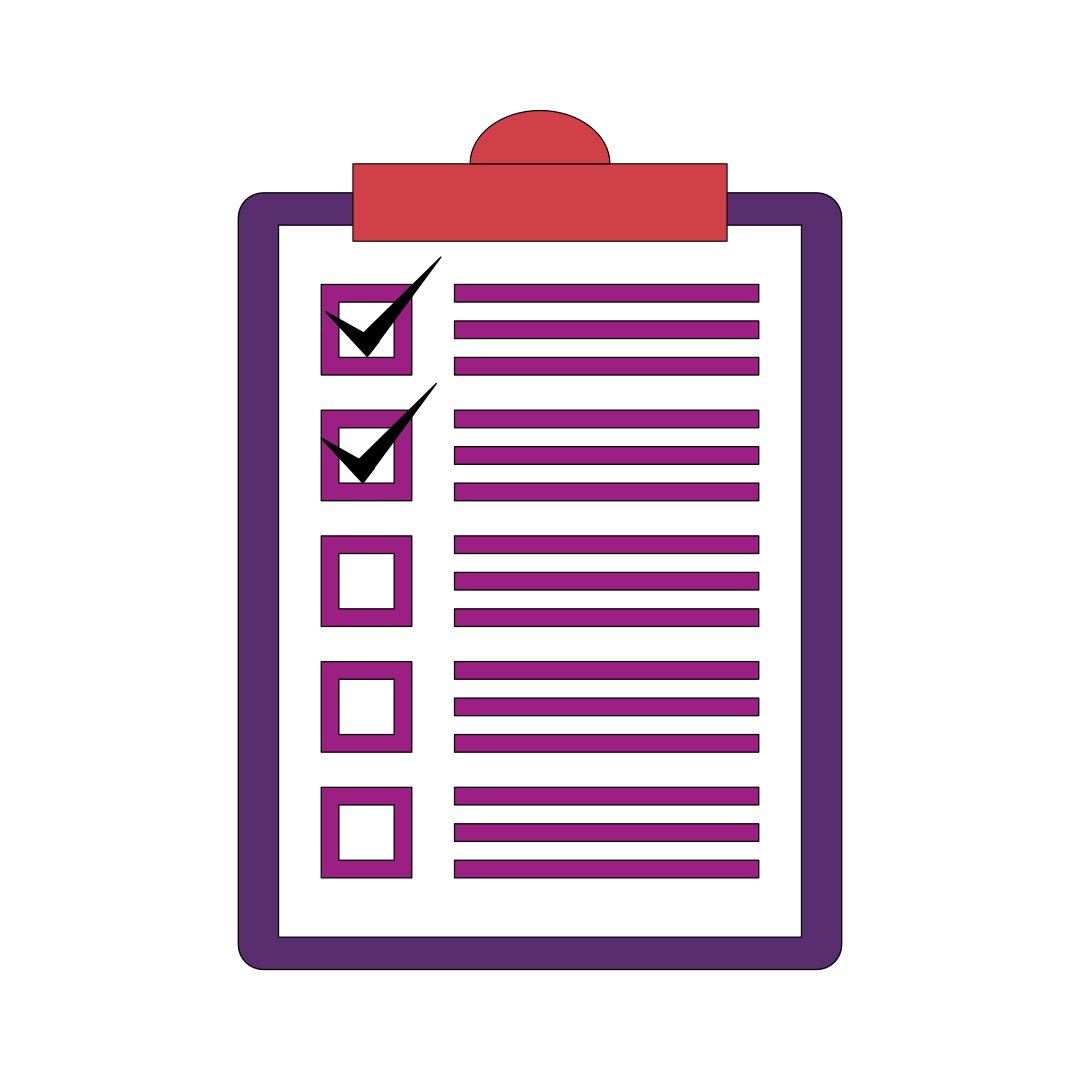COMMUNICATION
Managing Interactions
The behaviours in the table below show how you can demonstrate the skill of Managing Interactions at each of the competency levels in which it appears. Click on the plus sign to show the behaviours at that level.
Level 3
- Builds rapport before trying to persuade.
- Identifies the right time to open discussions to influence and starts by clarifying outcomes, values, and areas of agreement.
- Handles objections confidently and emphasises areas of agreement.
Level 4
- Assesses reactions and adapts approach dynamically within interactions, emphasises agreement, and appeals to others' needs, values, interests, and opinions to resolve differences.
Strategic
- Networks with and lobbies key people, third parties, and experts to identify, mediate, and support own case with other groups.
Resources
Below you will find learning resources to help you develop the skill of Managing Interactions. Click on the links to access the resources.

Situation Plan
Making Rapport Work
This PDF provides and explanation of an essential communication skill – building rapport. You will learn why it matters and how to do it, recognise when you can be more aware of building rapport, and if you need to make any adjustments in your behaviour. This will improve your communication skills and help you to build better relationships.
Making a Case with Values
This PDF covers what a value is and how they are essential to our motivation and sense of self. It also covers how you can use them to engage and influence others.
Using Language Wisely
This PDF covers different techniques to change your language pattern depending on what outcome you want. It will help you to notice your preferred language patterns, change ones that aren’t working, and communicate in a more considered intentional way.
Managing Information Effectively
This PDF provides an in-depth explanation of how we structure and manage information at different levels of detail and complexity. It covers how we communicate, including common causes of miscommunication, and what we can do to communicate more clearly depending on the person/group we are engaging with. It is aimed at structuring information at an individual level.
Managing Complex Information
This PDF covers the ways in which we process information differently and how that can lead to miscommunication, even when we’re not aware of it. It describes the different levels at which we group information and how everybody works at different levels at any one time, following up with a technique to structure a meeting so that everyone is on the same page. This PDF is aimed at structuring information in a group.
Handling Objections
Handling objections at work is one of the key determining factors for how people view you and how effective you are. Shutting objections down too quickly too often will get people’s backs up and lead to resentment; allowing too many leads to additional conflict and delayed decisions. This PDF outlines a process that allows objections to be voiced and dealt with in an assertive and constructive way that builds engagement.

This video provides and explanation of an essential communication skill – building rapport. You will learn why it matters and how to do it, recognise when you can be more aware of building rapport, and if you need to make any adjustments in your behaviour. This will improve your communication skills and help you to build better relationships.
Managing Information Effectively
This video provides an in-depth explanation of how we structure and manage information at different levels of detail and complexity. It covers how we communicate, including common causes of miscommunication, and what we can do to communicate more clearly depending on the person/group we are engaging with. It is aimed at structuring information as an individual when you are communicating with another.
Managing Complex Information
This video explains the ways in which we process information differently and how that can lead to miscommunication, even when we’re not aware of it. It describes the different levels at which we group information and how everybody works at different levels at any one time. It shows you a technique to analyse and describe a topic so that everyone in a group can contribute, can clearly follow, and can be engaged.

ON THE JOB ACTIONS
Understand Rapport
Read and/or watch 'Making Rapport Work' to understand the skill. Practise building rapport with anyone who you find difficult to relate to.
Planning
Use the 'Situation Plan' to help you plan and prepare for important conversations or meetings. It is a very useful checklist.
Skills
The 'Situation Plan' reminds you to use several other communication techniques from other skills areas and competencies. It will hopefully direct you to investigate them as well, to build your confidence and effectiveness. These techniques are useful for a wide range of communication skills.
Language
Read 'Using Language Wisely' and compare your own habits of speaking, e.g. typical phrases and style with the advice given. For example, do you hint rather than ask directly? Have you been described as bossy? You can manage an interaction against your plan for a meeting or conversation by the way you talk.
Handling Objections
Anticipate the objections someone might make to your ideas and proposals. Read 'Handling Objections' to think through how you can respond and use a technique to do so.
Using Values
Read 'Making a Case with Values' to understand how to identify what are the motivating values for people and how you can use them to persuade.
Structure Your Ideas
Read and/or watch 'Managing Information Effectively' and 'Managing Complex Information' and apply the techniques during a conversation or meeting to assemble a logical, well-structured series of facts and ideas and get everyone ‘on the same page’.
